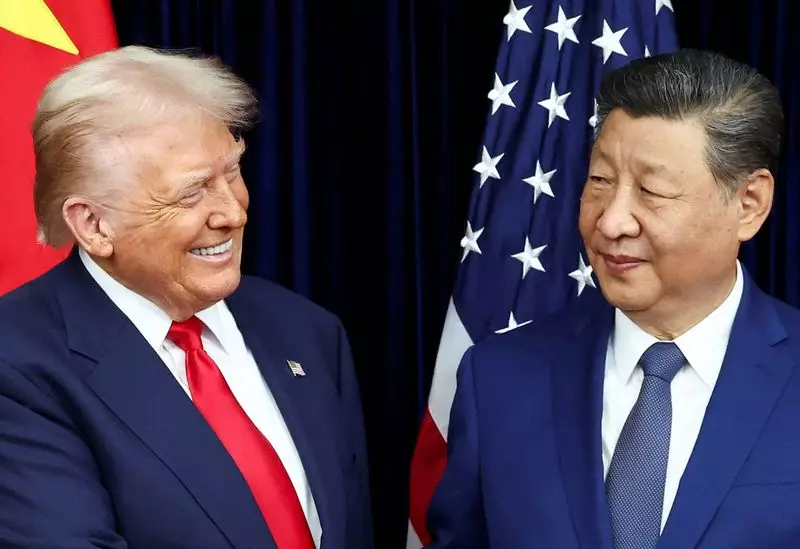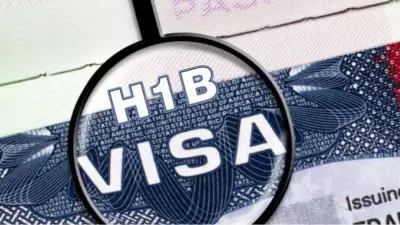
In a significant development for global tech diplomacy, China has announced its willingness to collaborate with the United States to address mounting concerns surrounding TikTok's operations and data security protocols.
The Chinese Commerce Ministry confirmed this cooperative stance through spokesperson He Yadong, who emphasized Beijing's commitment to "protecting the legitimate rights of all parties" while navigating the complex technological landscape between the two superpowers.
Mounting Pressure on TikTok
The popular video-sharing application, owned by Chinese company ByteDance, faces increasing scrutiny from US lawmakers concerned about potential data privacy risks and national security threats. Recent legislative moves in Washington could potentially force ByteDance to divest its US operations or face an outright ban in American markets.
This development comes amid growing bipartisan consensus in the US that TikTok's Chinese ownership poses significant risks to American users' data security and could potentially be exploited for surveillance or influence operations.
Diplomatic Efforts Intensify
Chinese officials have characterized the TikTok situation as part of broader "normal economic and trade activities" between the two nations. The Commerce Ministry spokesperson reiterated China's position that both countries should work toward creating "a fair and non-discriminatory environment" for business operations.
This diplomatic overture represents Beijing's most direct response to the escalating tensions surrounding TikTok's future in one of its largest markets. The platform boasts approximately 170 million active users in the United States alone.
What's at Stake?
The outcome of these negotiations could have far-reaching implications for:
- Global tech governance and cross-border data flows
- US-China economic relations amid ongoing trade tensions
- Digital privacy standards for social media platforms worldwide
- Content creation ecosystems that rely on TikTok for income and outreach
As both nations navigate this technological standoff, the world watches closely to see whether diplomatic channels can resolve what has become one of the most contentious issues in modern tech policy.





